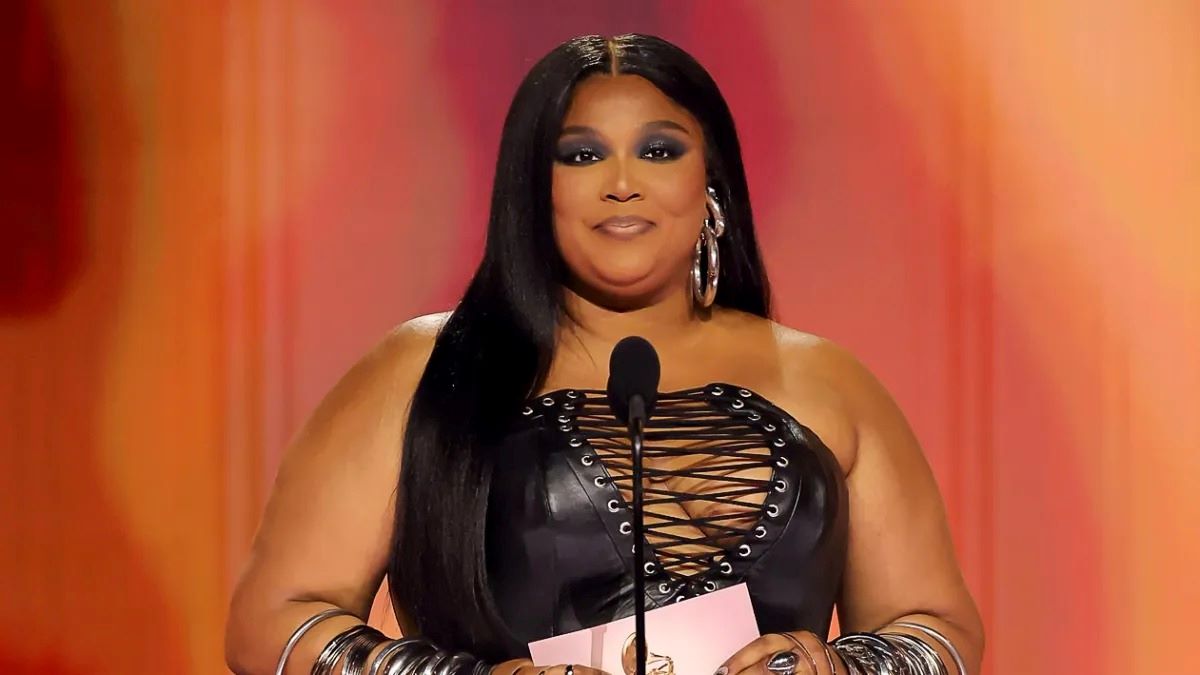Lizzo’s recent appearance at the Grammys has stirred up a fresh wave of controversy, drawing criticism from the attorney representing the backup dancers who are currently embroiled in legal action against the singer. Neama Rahmani, the legal counsel for the accusers, has expressed disappointment over Lizzo’s involvement in the prestigious event, citing what he perceives as a gender-based double standard.
Key Takeaway
Lizzo’s appearance at the Grammys has sparked controversy, with her attorney’s criticism highlighting broader concerns about accountability and gender-based double standards in the entertainment industry.
Accusations of Double Standard
Neama Rahmani, the attorney representing multiple individuals involved in legal disputes with Lizzo, has voiced his disapproval of the singer’s participation in the Grammys. Rahmani has openly questioned the decision to provide Lizzo with a platform at the event, particularly in light of the allegations of sexual harassment leveled against her by her former backup dancers. He has raised concerns about a potential double standard, suggesting that if the accused party were a white male facing similar allegations, they would not have been afforded the same opportunity.
Challenging the Status Quo
Rahmani’s remarks underscore a broader challenge to the perceived leniency shown towards Lizzo in the face of ongoing legal battles. He contends that the Grammy’s apparent endorsement of Lizzo sends a troubling message, particularly in the context of the unresolved legal issues surrounding the singer. Despite the controversy, Rahmani remains steadfast in his belief that justice will prevail for his clients, expressing hope that their legal victory will prompt a reevaluation of how powerful celebrities are held to account.
Amid Allegations and Denials
Lizzo has vehemently denied the allegations brought against her by former dancers, maintaining her innocence in the face of legal action. However, the continued presence of these unresolved legal disputes has fueled criticism and raised questions about the accountability of public figures in the entertainment industry.

